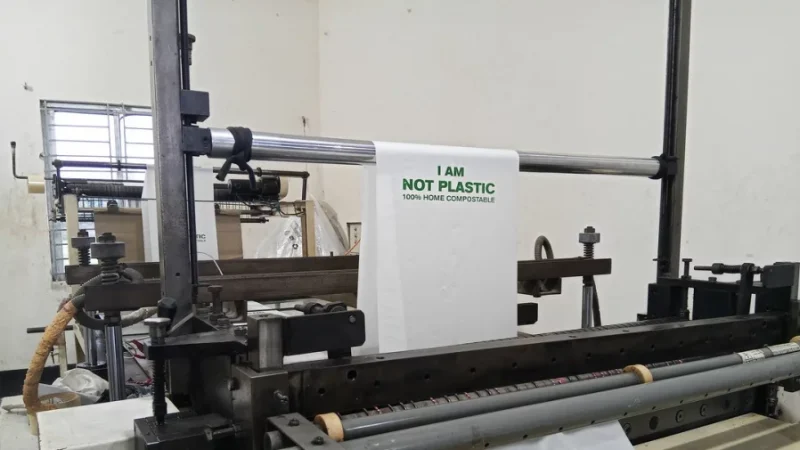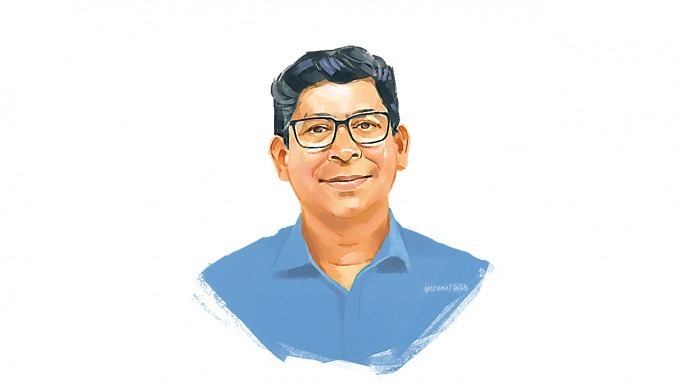‘Domestic gas exploration is the most economical option’

Our industrial sector has been suffering due to gas shortage for the past few years, but lately the crisis has become acute. It is also severe in residential areas. What factors contributed to this situation?
The main reason behind the ongoing gas shortage is that we only depend on the available reserves. We have not discovered any new gas reserves for a long time, while our existing gas reserves are depleting quickly due to increased demand. Generally, in countries with significant gas reserves, exploration is done continuously so that if one source is depleted, another source can replace it. In Bangladesh, however, exploration is minimal. So, once the production drops, it’s difficult to increase it again. This, in my view, is the main reason for the current crisis.
You have always emphasised the importance of becoming self-reliant in gas resources, for which exploration is urgent. What is stalling exploration in Bangladesh?
There is a serious lack of initiative and urgency among the authorities responsible for gas exploration in Bangladesh. There needs to be a visionary leader in this sector, someone who understands our vast potential for gas reserves. We also need experts who truly understand the technicalities of the energy sector to lead exploration drives. Many countries with similar geological formations like ours—Nigeria, parts of the US, and Indonesia—have successfully tapped into their gas resources. There’s no reason to believe that Bangladesh has less potential. However, achieving self-sufficiency in gas resources requires a robust exploration policy, which we are lacking. Our past governments were content with small-scale explorations that yielded enough to meet the immediate demand only. They did not implement any comprehensive long-term plan. To make a significant impact, we need a massive exploration drive. If our local companies can conduct the exploration, the cost will be minimal. Even if we engage foreign companies, it will still be cheaper than importing liquefied natural gas (LNG). So, domestic gas exploration is the most economical option to meet our energy needs.
Are there any specific gas fields where exploration could yield quick results?
In the Sylhet region, for instance, surrounding the Surma basin, which includes large gas fields like Habiganj and Bibiyana, there are still enough scopes for exploration. Bibiyana, in particular, is a giant gas field in the global context. Exploration in these areas is still in the primary stage. If we could explore these fields, I believe we could get even larger reserves than we currently have.
Do we have the required technology and resources for gas exploration?
Well, our resources are limited. Our state-run company, Petrobangla, does not have the capacity to conduct such extensive exploration alone. To overcome this limitation, we need to bring in foreign companies with the expertise and equipment for large-scale exploration. Engaging reputable international companies could lead to significant discoveries. But even if we start exploration today, it could take at least five years to see significant results.
What could be the short-term solution to the current crisis?
As I have said, in the short term, we can reactivate the old gas wells that have not been fully utilised. These wells have already been drilled so we can start producing gas from them with minimal work. Ideally, we should not go for LNG import because it is much more expensive. Relying on imports is also not sustainable in the long run, especially given our high dependency on gas. However, to immediately manage the crisis, LNG import may be unavoidable.
How many wells can be reactivated right now?
Quite a few. Each of our gas fields has at least four to five wells that can be reactivated. That means there are about 20-25 wells in five fields that can be put to use. A substantial amount of gas can be extracted from these wells.
What is the status of our offshore exploration?
Unfortunately, exploration of offshore gas reserves has not progressed much. There were talks of exploration years ago, but it did not happen. So, this area remains largely unexplored. Dividing the Bay of Bengal into exploration blocks and launching competitive bidding for them could yield great results. What we need is a strong push to initiate international bidding and invite foreign companies to explore these offshore blocks.
If we go for both onshore and offshore exploration on an urgent basis, how long do you think it may take for us to achieve self-sufficiency in gas resources?
It’s hard to give an exact time frame. If we had started five years ago, we would likely be self-sufficient by now. Even if we had started exploration three years ago, we would have seen some results by now. Gas exploration takes time. For the areas that have already been explored, production can start within one to two years, but for new exploration, it will take more time.
Source: The Daily Star | 6 November 2024 | Author: Naznin Tithi, Badrul Imam






